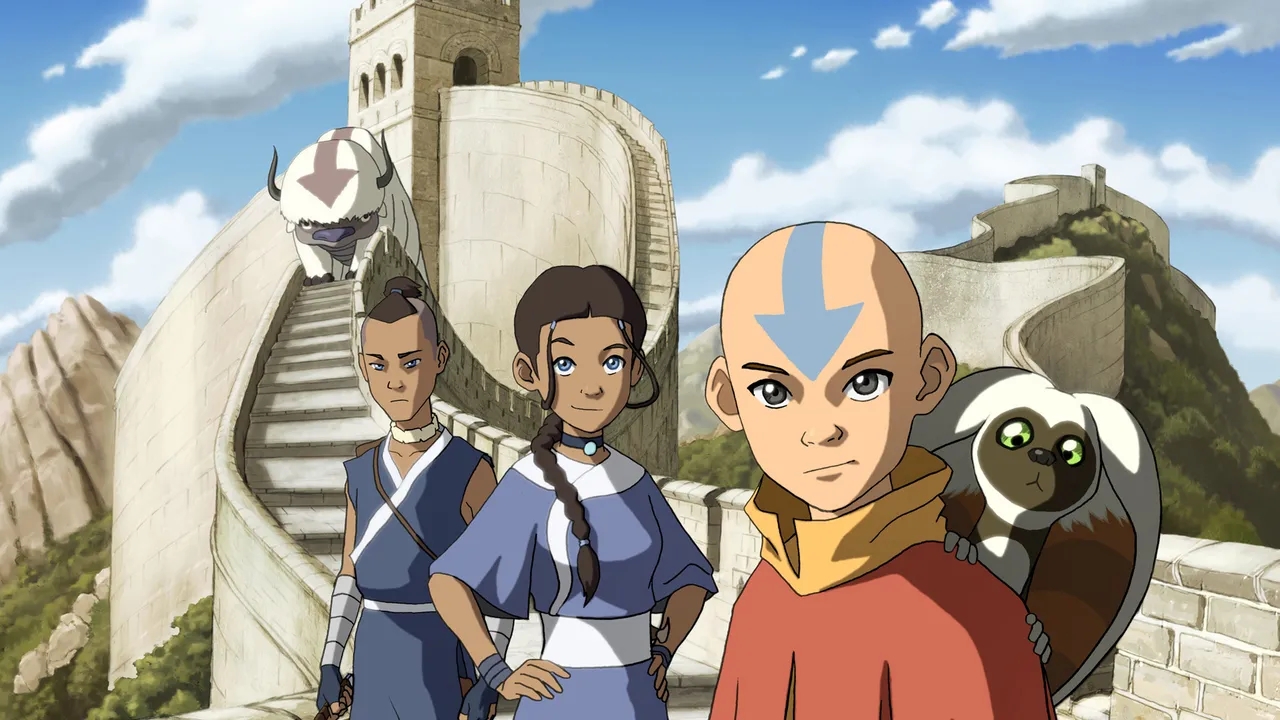
TL;DR
Childish, but not immature. The Avatar feels the weight of responsibility that his title and abilities demand, but at the same time he’s a twelve-year-old kid whose first instinct is to play. The plot shows that it’s possible to have characters face great consequences without swimming in an ocean of angst
Mature Character Development
Just because this is a kids show doesn’t mean it is immature. Quite the opposite. The stories tend toward the simpler side, so it’s easy for kids to follow, but the character development is deep and thoughtful. Every character has clear motivations and I found that they act consistently. Even in adult shows, it’s common for writers to push characters into situations where the character makes uncharacteristic decisions simply to advance the plot the writers want to push forward. I never noticed that happen. Throughout the first season, the characters grow in various ways, as one would expect from kids out on their own in a world of adventures.
This doesn’t apply only to the three main characters: Aang, Katara, and Sokka, but also to the antagonist Zuko. The only character who doesn’t grow is Zuko’s uncle, but that’s understandable because he’s the only mature main character. Even though Uncle doesn’t grow, we still learn more about him and the depth of his love for Zuko as the season goes on.
Join the PERA (Personal Entertainment Research Assistant) waitlist.
The World's Most Indispensable Movie App
The RunPee app tells you the best times to
run & pee during a movie
so you don't miss the best scenes.
Download the RunPee app.
100% free (donation supported)
Didn’t like
A few times, the Avatar wins a conflict, not because he has made any supreme effort or sacrificed something dear to him, but because the situation calls for it. He instantly levels up and achieves some heretofore unknown power, like in the last episode of season one, when he goes full-on kaiju on the Fire Nation navy. This is a little weaksauce, but forgivable since the last episode of season one isn’t Aang’s ultimate test. I’m sure that’s to come in a few seasons.
The Message
In many shows, the writers try to express some moral truth on the viewers. More often than not, the approach is too heavy-handed. Even if you happen to agree with the espoused message it can still be awkward to see how poorly it is expressed. But in the last two episodes of Avitar: The Last Airbender Katara goes through a hardship that challenges her. This conflict was unknowingly set up all season long through her character growth until she met an external barrier at the last step. The writers did a marvelous job working it into the plot in a narrative manner without resorting to spoon-feeding their morality. It’s refreshing to see good writing in any medium.
What people are saying
about the RunPee app.
February 13, 2019
RunPee is an excellent app that has all the info you need when going to the movies. Whenever I go to a movie, I open up the app and know when the best time to dip to the bathroom is. They have pee times for movies just a few hours after their release and it shows the dedication the team has for the service. Definitely recommend for any movie-goer.
View all reviews
Apple App Store | Google Play Store
Download RunPee app
Grade: A+
Creator and developer of the RunPee app. When something doesn’t work right in the app it’s pretty much his fault. 🙂
Aspiring author. Would like to finish his “Zombie Revelations” trilogy if he could break away for working on RunPee and the cottage he’s building for RunPee Mom.




